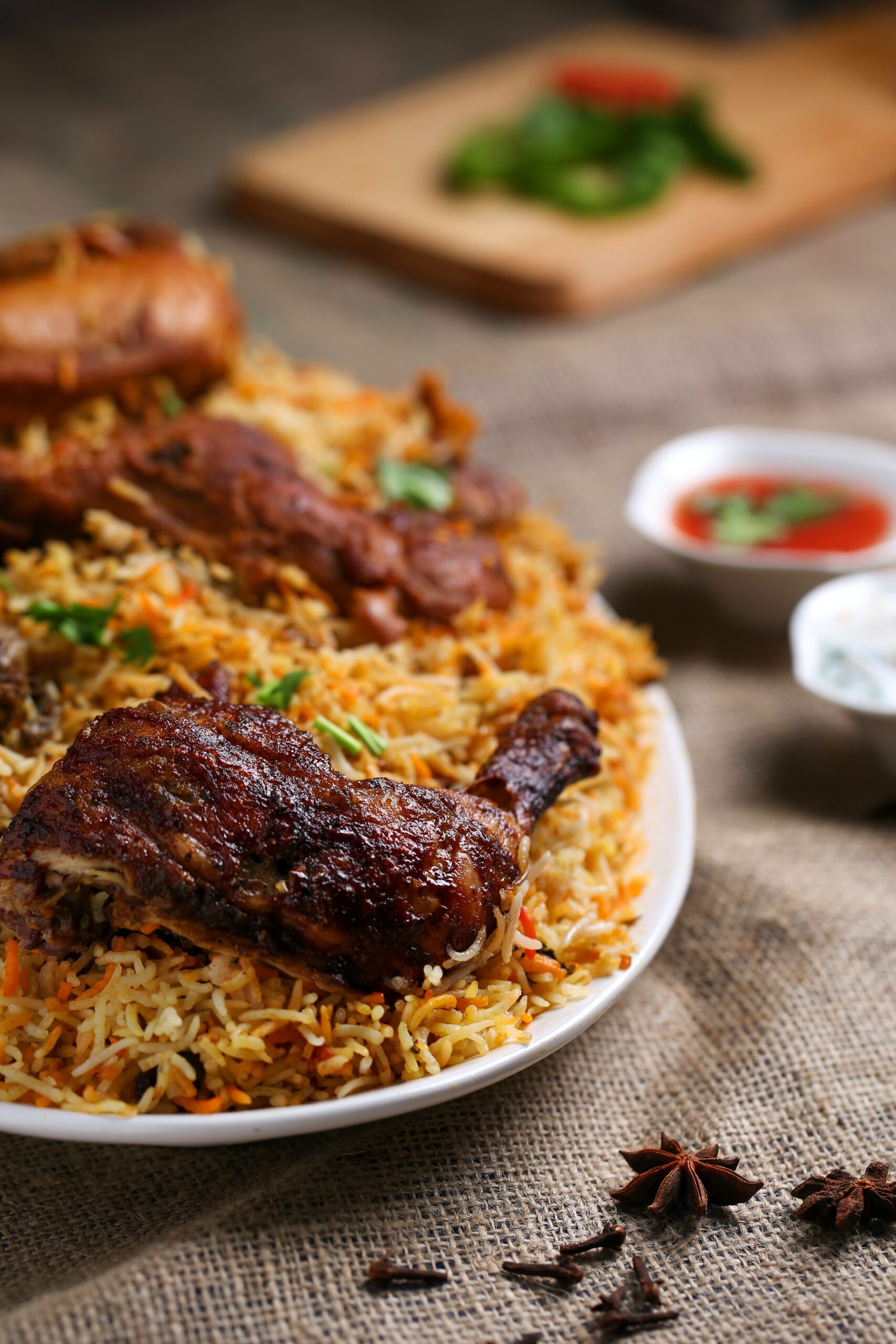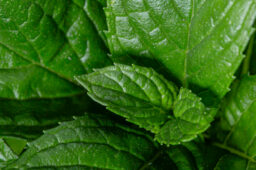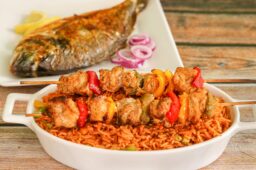
10 Common Nigerian Plant-Based Meals
- September 19, 2021
- by
- Khyra
As the rates of obesity rise, it is imperative to find diets that produce effective weight loss and sustain weight loss maintenance over the long-term. By this standard, however, plant-based diets lead the flying geese. Studies by Gabrielle M. Turner-McGrievy reveal that a plant-based diet is associated with a greater weight loss at both 1 and 2 years post-intervention, compared with a more conventional, low-fat diet (NCEP).
WHAT ARE PLANT BASED MEALS: are an eating style that emphasizes real, whole foods that come from plants, including:
Vegetables: kale, ugu (pumpkin), waterleaf, spinach, tomatoes, cauliflower, potatoes, squash, etc.
Whole grains: brown rice, oats, quinoa, barley.
Root tubers: yams, cocoyam potatoes etc.
Plant-based meals are neither vegan nor squarely vegetarian but an exquisite blend of whole grains and vegetables supplying the intricate health benefits of veggies and energy in grains. A serving of a grain product or starchy vegetable provides an average of about 5 grams of protein, a serving of legumes provides 10 to 20 grams of protein, and a serving of vegetables provides about 3 grams of protein. Although a serving of these foods contains less protein than a serving of meat, you can eat more plant protein foods for fewer calories, this is a perfect rationale for portion control. It is also heartwarming to know that contrary to popular opinion, so many staple diets in Nigeria provides myriads of exciting plant-based meals, all you need is to avoid the prawns, fish and meat or better still replace them with alternatives. For instance, mushrooms are healthier substitute for meat and they supply the same texture and sponginess that often appeals to our tastebuds.
Below are 10 common Nigerian plant-based meals that is worth your time
Bole(Roasted Plantain): Plantain is a staple food in Nigerian households and it is as much loved for its taste as it is for its versatility. Coming from the banana family, it’s a bigger and starchier version of the yellow fruit and is rich in antioxidants. While we can often be found eating it fried, we also love changing it up and are big fans of roasted plantain a.k.a bole. To prepare, pre-heat your oven to 170°C. Wash and peel some sweet ripe plantains with a sharp knife. Then pop them into the oven. Once golden brown, flip them and roast the other side and voilà. In Nigeria, bole is usually made by street vendors on charcoal grill, so you can also try this in the summer on the barbecue.
Moi Moi: Though our moi moi might look like a cake, it’s actually a spicy savoury tart. Moi moi is made from highly nutritious Nigerian brown beans or black-eyed beans which makes each bite a great source of protein. The beans are purée with red peppers, onion and scotch bonnet chili pepper before being steamed. This give the tart its light texture while staying packed full of flavour. In many traditional recipes, moi moi is cooked with crayfish or egg, but our version is completely free from animal product. Enjoyable hot or cold, it makes a healthy snack or side dish.
Jollof Acgha or Quinoa: Jollof rice is a popular dish across Nigeria and the rest of West Africa and is made by steaming rice in a seasoned tomato and red pepper purée. Loved passionately by Nigerians and non-Nigerians alike, everyone will tell you their mum or aunty makes the best pot. We recommend keeping out of the debate and swapping the rice for Acgha or the superfood quinoa, for a nutrient rich protein boost. Acgha is a rich source of protein and is easy to prepare. Quinoa is a complete protein-source, containing all nine essential amino acids and it’s also a great source of fibre too. Jollof Acgha is one of our signature dishes.
Akara Onion Rings: Akara is a deep-fried bean cake and a breakfast staple in Nigeria. It is commonly accompanied by akamu (also called ‘ogi’ or ‘pap’) and is also a popular street food. Like moimoi, akara is made using brown beans, red peppers, onion and scotch bonnet. However, this time the puréed bean paste is thicker and shaped into balls before deep frying.
Puff Puff: If you’ve got as big a sweet tooth as we do, then puff puff is for you. With their doughy texture and golden colour, these Nigerian party favourite are similar to mini-doughnuts, Sprinkled with sugar and cinnamon, they make a great dessert. Be warned, puff puff is hyperpalatable and we cannot be held responsible for any addiction you develop.
Groundnut Soup: Groundnut soup is typically cooked with meat or/and fish but this could be made vegetarian as well (as long as you don’t use stock or stock cubes). The main ingredients as the name implies, is groundnuts. It is very popular among Edo people and other southern part of Nigeria.
Yam(Potatoes) and Vegetables: Vegetables like Ugu, Green, Ewedu, etc can be made without fish into a great vegetarian sauce spiced with seasonings. It is a staple food that aids the consumption of yams, potatoes and cocoyam.
Vegetable Sauce/Soup: Apart from the extensive use of meat and seafood, another major reason why most Nigerian soups cannot be considered vegetarian is that meat stock and stock cubes are used in cooking them. Thankfully, there are vegetable stocks, that can be used in place of meat stock. It can be made with tomatoes, onions, and any vegetable of your choice. It’s really easy, just chop them up, and simmer in water and there you go!
WHAT HAPPENS TO THE BODY ON A PLANT BASED-DIET?
Eating a plant-based diet improves the health of your gut so you are better able to absorb the nutrients from food that support your immune system and reduce inflammation. Fiber can lower cholesterol and stabilize blood sugar and it’s great for good bowel management. In Physicians Committee for Responsible Medicine’s (PCRM) studies, average weight loss after transitioning to a whole-food, plant-based diet is about a pound a week. Some people, though, may lose two or three pounds a week, if they also stay off the simple carbs and sweets.







